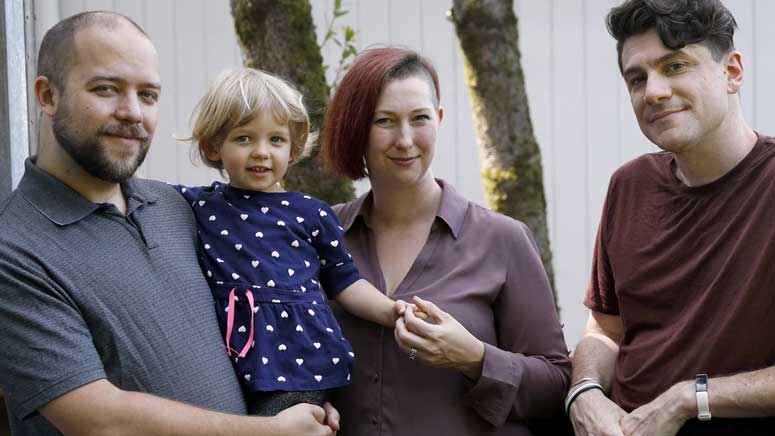As you already guessed, prostate cancer is cancer that occurs in one’s prostate. The prostate is an organ in males; it is a small gland located underneath the bladder, it also makes up the reproductive system. Prostate cancer in men can be pretty common, developing at a later stage in life. Usually, cancer grows slowly and only in rare cases do they appear to be more aggressive and grow faster and spread to other areas of the body. The earlier the tumor is noticed, and treated rightly by your doctor, the higher the chances are of finding curative treatment.
Prostate cancer is not a disease to joke about, as it has been discovered to be the second most common cause of all cancer-related death among men. A study in the Urology Care Foundation in the US has proven statistically that 1 in 10 men will be diagnosed with the disease in their lifetime. And approximately 1 out of 40 men will die from it. Prostate cancer is most common among older men, and most deaths occur among much older men. Knowing that the cancer is more common in older men, it is advisable and best if one starts to watch out for the symptoms of prostate cancer as they get older to notice it at an early stage.
Let’s go back to the question, what causes prostate cancer?
Just like every other type of cancer, the exact cause is never easy to determine. In the case of prostate cancer, several factors may be involved, including genetics and exposure to toxins in the environment, like certain chemicals or radiation. The factor that can contribute to or rather cause prostate cancer is a gene mutation, which changes the DNA of a normal prostate cell. DNA is the chemical in our cells that control our cell function and make up our genes. Usually, one would think that the DNA affects just how we look and resemblance to our parents, but that is not the case; it affects much more.
DNA mutation is the primary cause of prostate cancer, maybe not mutation but also other types of changes that occur in the gene that keep oncogenes turned on or turn off tumor suppressor genes. These types of changes can lead to the cells growing out of control. There are two ways in which DNA changes can occur, they include:
Inherited Gene Mutations

Some gene changes or mutations can be passed from parent to offspring and from generation to generation, i.e., inherited. Amongst the two ways of experiencing gene mutation, transfer from parent to offspring is the most possible. Cancer caused by an inherited gene is known as hereditary cancer. Some of the inherited mutated genes that have been linked to prostate cancer include;













